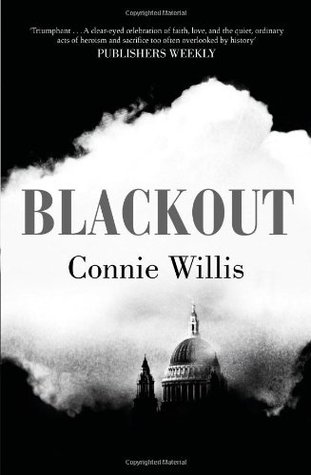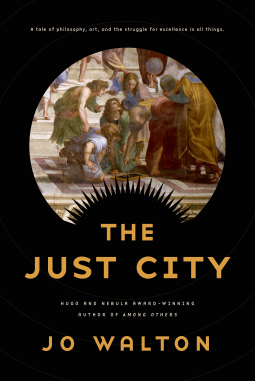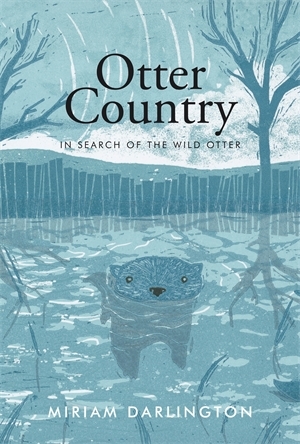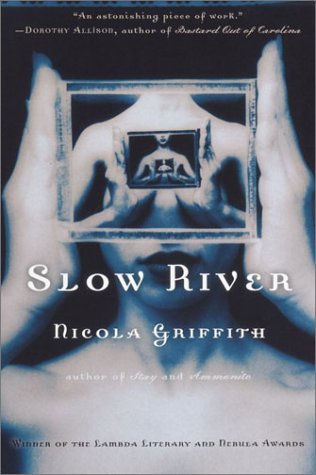 Glamour in Glass, Mary Robinette Kowal
Glamour in Glass, Mary Robinette Kowal
When I read Shades of Milk and Honey, I wasn’t that impressed — even when I reread it. But I quite liked Glamour in Glass. Probably partly out of sheer bloodymindedness; I looked at some reviews and oh how they whined about Jane’s attitude to pregnancy in this book. And I thought, wait: that’s actually interesting. Yes, let’s address how dangerous pregnancy could be at that time. Let’s address how “confinement” literally imprisoned women. Yes! Let’s discuss the aftermath of the Austen and Heyer novels and their neat marriages: the babies, the risks to the women, how those women were limited.
Someone called it anti-pregnancy, and I don’t think it’s that. It just turns to something that went unspoken in that period, and scrutinises it a little, and articulates a fear and dread of the constraints pregnancy placed upon women (shown even more clearly in this world because a woman can’t work any glamour while pregnant). It’s still a fairly light read, despite that theme; I read it in an hour and a half, so if you’re a fan of the first book, don’t think that it’s suddenly changed entirely in style and subject.
This is less frothy than the first book, seriously examining the relationship between Vincent and Jane, their equality and finding a balance between them. I anticipated the political plot ahead of time (perhaps because I’m fresh from Voyage of the Basilisk); it feels a bit rushed, honestly, particularly toward the end, but I appreciated seeing Jane and Vincent facing down these issues, and his growing regard for and trust in her.
Rating: 4/5









